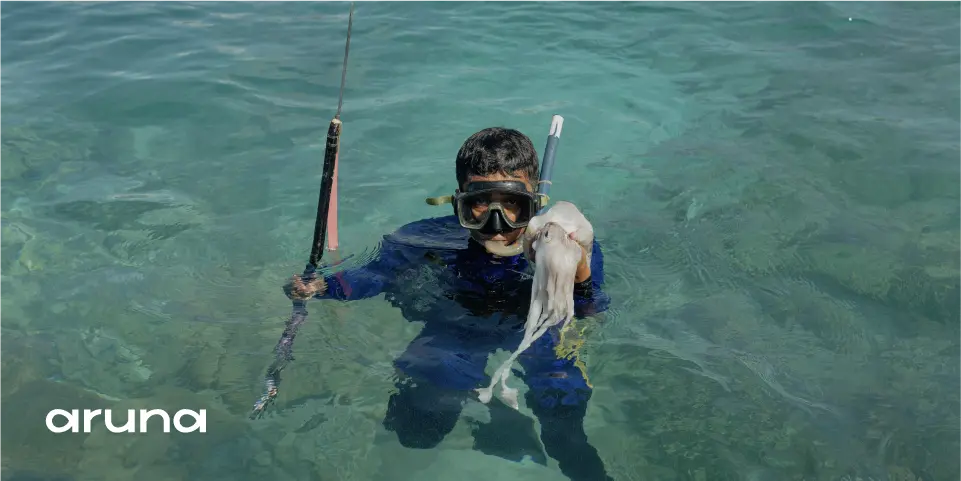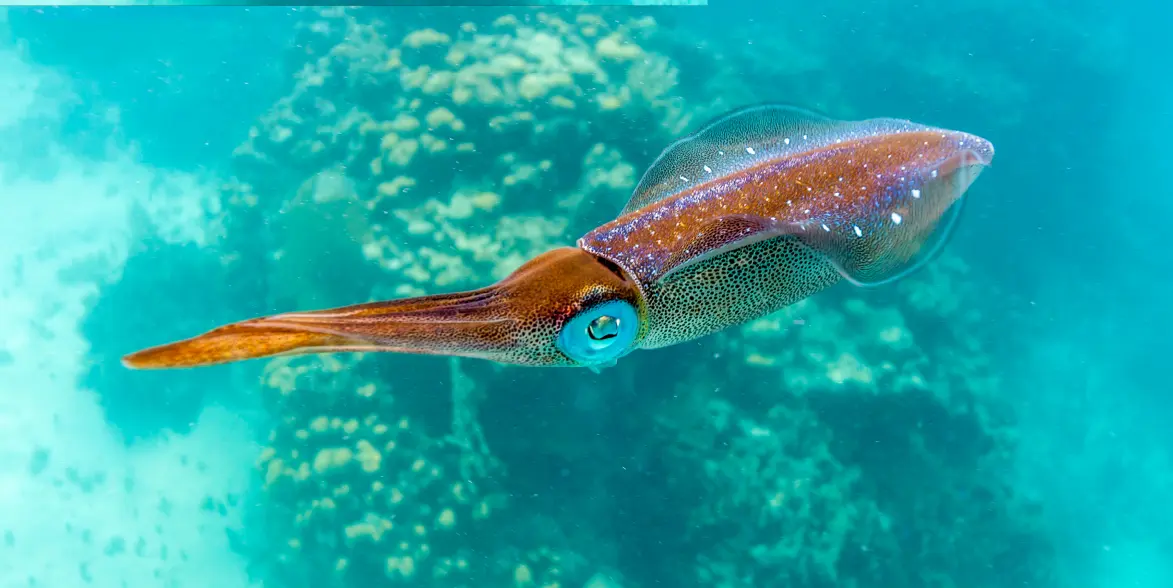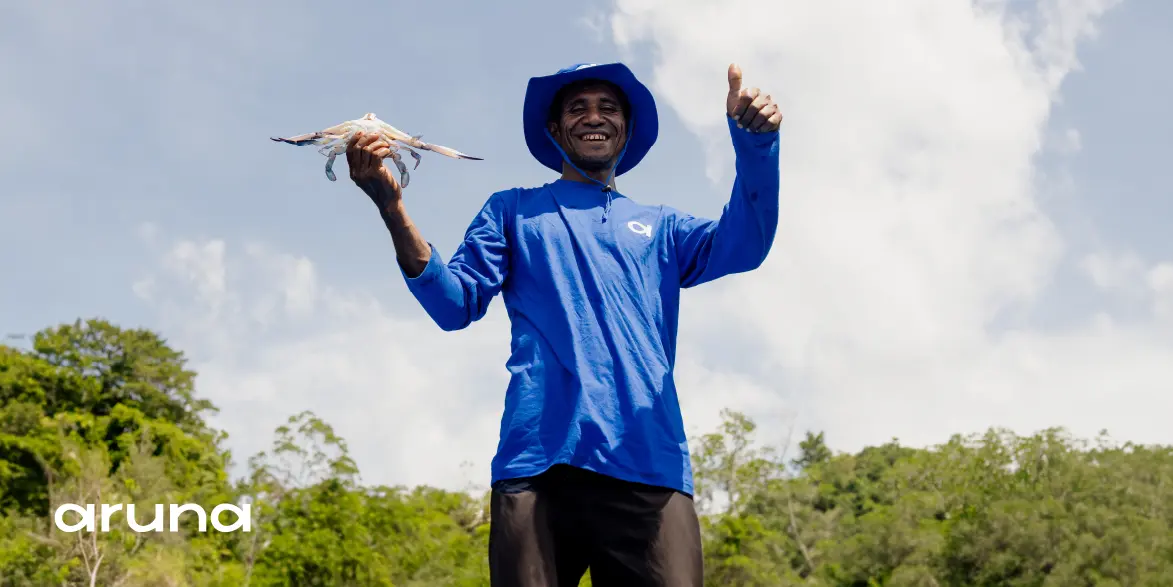Transparency of the Ministry of Marine Affairs and Fisheries in Implementing the Sustainable Fisheries Concept

Sustainable fisheries management consists of three interconnected elements: ecological, economic, and social. This was revealed by Sugeng Hari Wisudo, an expert in the utilization of fishery resources, marine technology, and fishery system analysis. Therefore, the government must create regulations that also consider the interests of business actors, conservation, and society. “This is where transparency is important. I see that the Ministry of Marine Affairs and Fisheries (KKP) has already opened up and fishermen have engaged in dialogue, and this is continually done, so that they can eventually reach an optimum point for everyone,” said Sugeng.
Recently, the government opened a discussion forum with fishermen to discuss changes to the Non-Tax State Revenue (PNBP) mechanism that applies to the Ministry of Marine Affairs and Fisheries, from pre-production to post-production. This change aims to optimize the implementation of sustainability in the fisheries industry, so that fish availability in the sea can be maintained.
Bureaucratic changes from pre-production to post-production are in line with the Blue Economy and provide easy access.
In a discussion entitled “Post-Production PNBP Regulation” at the KKP Media Center held on Thursday, January 19, 2023, and attended by fishermen, Director General of Capture Fisheries at KKP, Ukon Ahmad Furqon, provided a more detailed explanation of the changes to this collection mechanism. This post-production calculation mechanism change also eliminates the cost of managing the Fishing Permit Letter (SIPI), so that PNBP is only based on actual catch amounts.
With strengthened reporting infrastructure that uses appropriate technology, fishermen and business actors can independently fill in catch data through the e-PIT application. The data that is inputted independently will later be verified by the government and if there is a deficiency in payment after verification, then business actors are required to pay the remaining balance. This collection calculation mechanism change has also been regulated in Government Regulation Number 85 of 2021 concerning Types and Tariffs on Types of Non-Tax State Revenue that apply to the Ministry of Marine Affairs and Fisheries.
Prioritizing Discussions in Determining Policies for the Synergistic Implementation of the Sustainable Fisheries Concept
In determining policies and implementing the sustainable fisheries concept, KKP certainly still involves and listens to the input given by fishermen and business actors. One of the examples is when fishermen requested a reduction in the PNBP index rate for vessels over 60 gross tonnage (GT). Ukon stated that he had prepared a way out by adjusting the Fish Reference Price (HAI), which is one of the variables in calculating the post-production mechanism for PNBP collection.
Kajidin, the Chairman of the United Fishermen’s Front of Indramayu, also revealed that they did not object to the mechanism changes, but requested a review of the index rate for vessels above 60 GT and the government could accelerate the transition period. “Ships over 60 GT received feedback from fishermen because the tariff index is considered quite high. This is what we absorb. The Minister has also recently directly received feedback from fishermen. The process is currently ongoing, and we have discussed it with colleagues in the Ministry of Finance and they support it. We continue to discuss how this can be resolved quickly as expected,” said Ukon.
Aruna, which consistently emphasizes synergy with the community through Aruna Hub, highly appreciates the openness of the Ministry of Maritime Affairs and Fisheries (KKP) to listen to the aspirations of fishermen as part of the fisheries ecosystem in implementing sustainable fisheries concept. This is done to apply a sustainable fisheries system while still considering the interests of every group involved, including coastal communities and even seafood supplier stakeholders. Therefore, every policy is not only made for the benefit of the government, businesses, conservation, or small communities but can also foster synergy so that it can run well and simultaneously.










Leave a reply
No comments found.